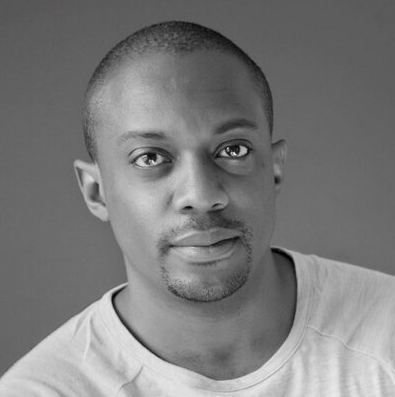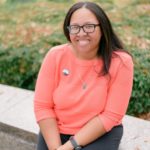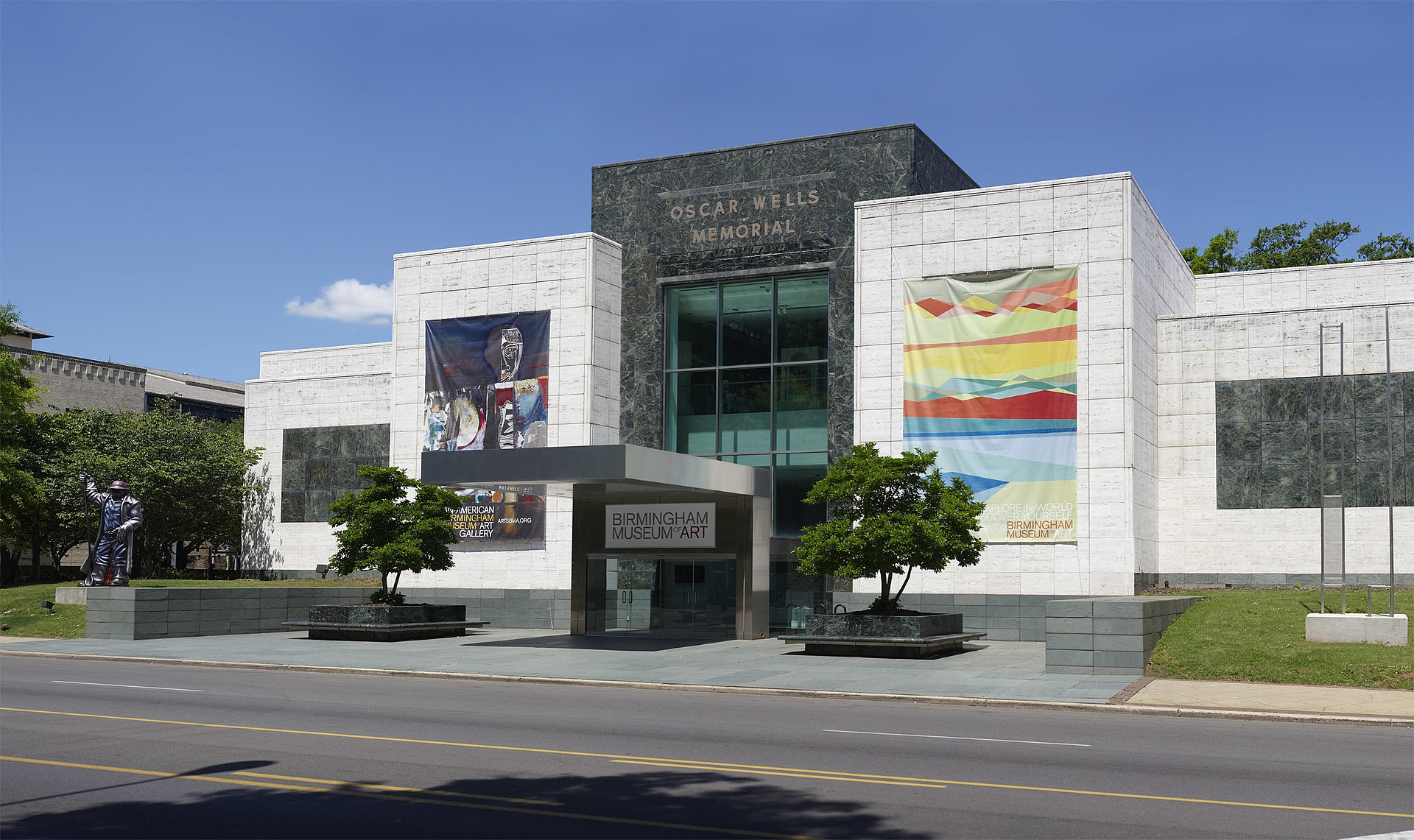Ariel Worthy
The Birmingham Times

A dialogue about gun violence will be held at the Birmingham Museum of Art on Tuesday, April 24 at 6 p.m.
Local artists and activists will be part of a panel discussion titled “A Community Conversation About Art, Loss And Gun Violence.”
Panelists include Third Space artist Hank Willis Thomas; Patrick Johnson, an Emmy-nominated producer and documentary filmmaker, T Marie King, a filmmaker and founder of Strategic Community Alliance and John Paul Taylor, executive director of Real Life Poets.
The event marks the return of Thomas whose work engages with violence in the U.S. One of his works, Priceless, will be on display for three days in the BMA’s lobby, beginning Tuesday.
In 2007, Priceless was featured outside the museum, but because the banner was not contextualized, many people found it offensive, according to the museum.
Some — African Americans and whites alike — felt it made a mockery of reality.
“Previously, the work had been hung on the outside of our building and sparked a community outcry because of the lack of context the museum was able to provide from that location,” said Rachel White, Curator of Education, at the Birmingham Museum of Art.
The institution did not want to “repeat that mistake and decided to hang it in one of the only places within the museum walls that could accommodate a work of this scale to provide a greater sense of understanding.”
Thomas’ cousin, Songha Willis, was murdered in 2000 during a robbery in Philadelphia. As the funeral came to an end, Thomas took a couple of photos. Four years later, he turned it into “Priceless.”
Priceless was initially supposed to be part of the Birmingham Museum of Art’s current contemporary exhibition Third Space: Shifting Conversations about Contemporary Art.
Meanwhile, 17-year-old Courtlin Arrington was killed by a gunshot at Huffman High School in March.
“People are dying daily in Birmingham due to gun violence,” White said. “We felt this work and the questions it asks about what in our culture instigates and cultivates this type of violence is as critical today as it was . . . when it was created.”
Thomas has said that he wants his work to provoke and “get people talking about these issues,” White said. “Priceless depicts an incredibly private moment of his family’s grief in the aftermath of his cousin, Songha Willis’s murder. Thomas took this photograph and enlarged it to billboard size to bear witness to his cousin’s death and encourage viewers to start a conversation with themselves and others. We are exhibiting Priceless purposely as part of a panel discussion to bring various communities in Birmingham together to talk about an issue that affects all of us.”
The curator pointed out that the panelists selected for the community conversation are among the activists and organizations in Birmingham dedicated to investing in and empowering local neighborhoods to prevent violence before it begins.
“They provide educational opportunities, resources, and safe spaces that support and advocate for Birmingham’s citizens,” White said. “They want to ask the artist, the audience, the museum, and our policymakers tough questions and look at systemic social issues to find solutions to end gun violence.”
Also, having the artist discuss his own work of art offers the opportunity to gain insight into his perspective when he was creating the work, White said. “Thomas’ own life experience very much influenced this particular work of art, as it depicts a heartbreaking image of his cousin’s funeral.”

Panelist T. Marie King agreed. She said Tuesday’s conversation allows Thomas to tell his own story and put it in context amid the increasing focus on gun violence across the country.
“I think it’s an opportunity for some to jump into this conversation because of what we’re seeing in some of our communities,” said King. “The violence in certain areas, what happened at Huffman, the national talk around shootings, I just think it’s really an opportunity to engage in community conversations but also to keep the conversation going.”
King said she wants the discussion to result in solutions.
“I’m hoping some young people come out so we can hear their thoughts on gun violence and how it affects them and the trauma that they experience,” she said.
Since the shooting, the topic of gun control has sparked nationwide debate.
“What is the reason behind gun violence? Is it people’s relationships with others? Is it a lack of access? Is it frustration, is it mental health?” she said. “I think gun violence is a symptom of something greater, we just have to identify what those things are so we can start addressing it. People are saying young people shouldn’t get guns off the street and I totally agree, but why are they feeling that they need to get a gun?”
King said she was with a mentoring group at an alternative school to talk with the students when the conversation turned to gun violence.
“When these young people started saying ‘I’m 14, 15 years old and I have a gun,’ my question was ‘okay why do you feel like you need to have a gun?’” she said. “One young man was like, ‘if I don’t carry a gun, these kids, they chase me because they want me to be in their gang and I don’t want to be in a gang,’ and ‘my mom works nights and I don’t want people thinking they can break in on me and my siblings because I’m there to protect them.’ So, it’s like the gun and the violence that can come from him having that gun, it’s a reason for him thinking that he needs to have a gun.”
King remembers eulogizing a kid that she’d mentored for six years.
“I’ve had others that I have known, friends, who have died due to gun violence. And I think anybody who has experienced that, anybody who has had to break the news to a parent, help a parent figure out how to pay for their child’s funeral, that’s something that as a community we should not be experiencing.”





